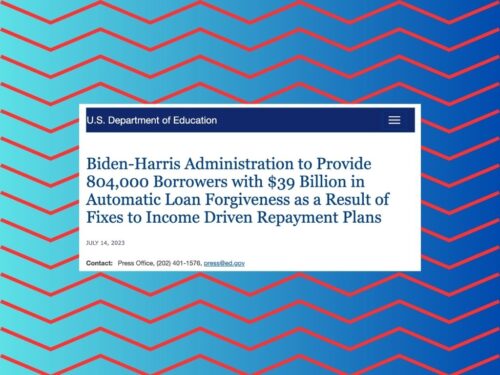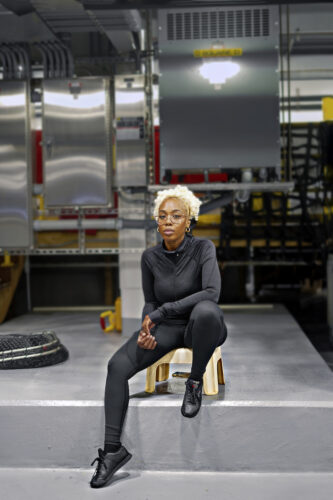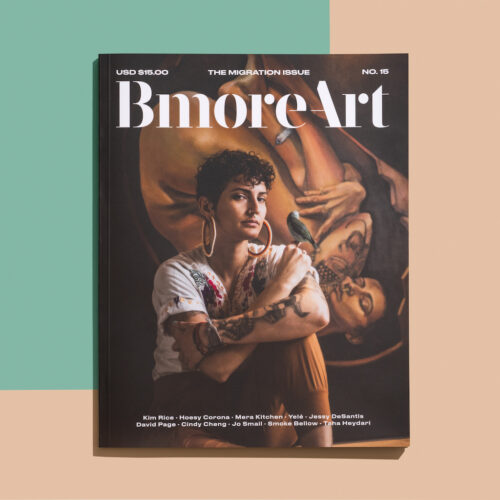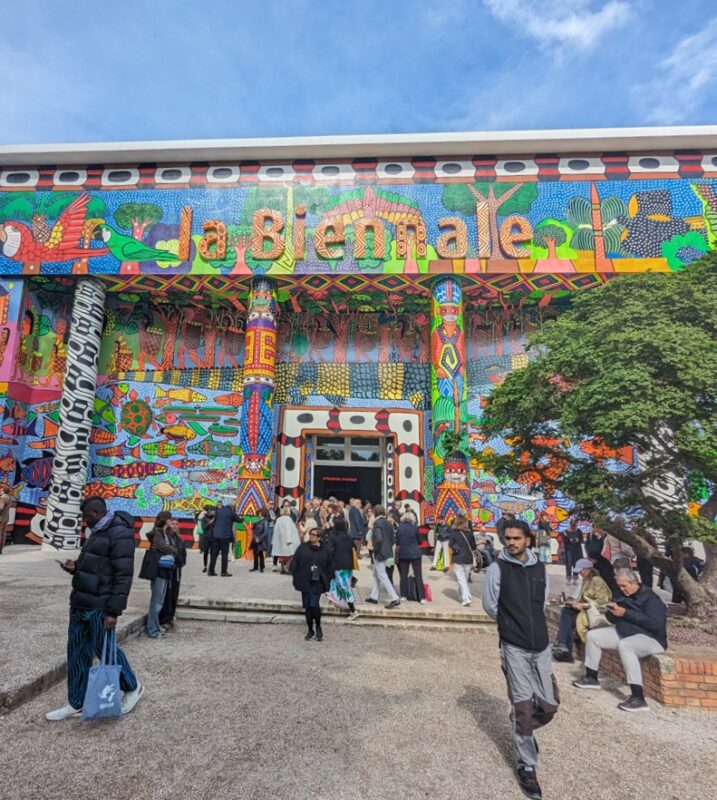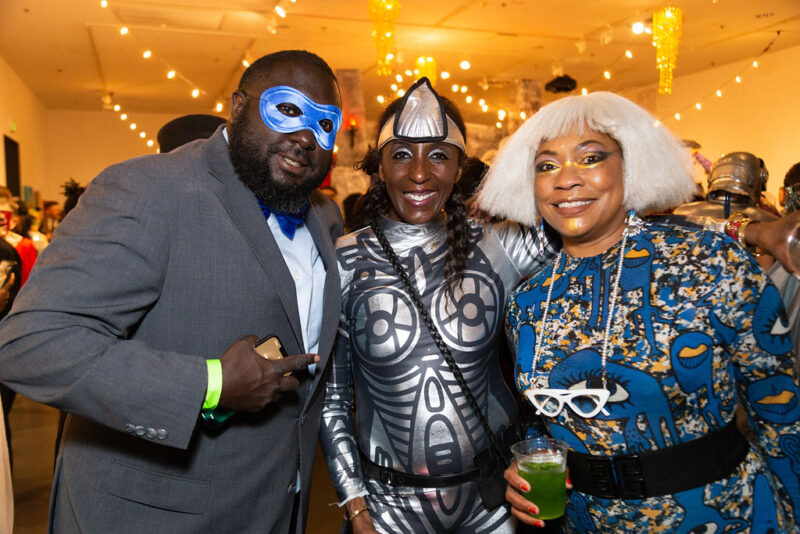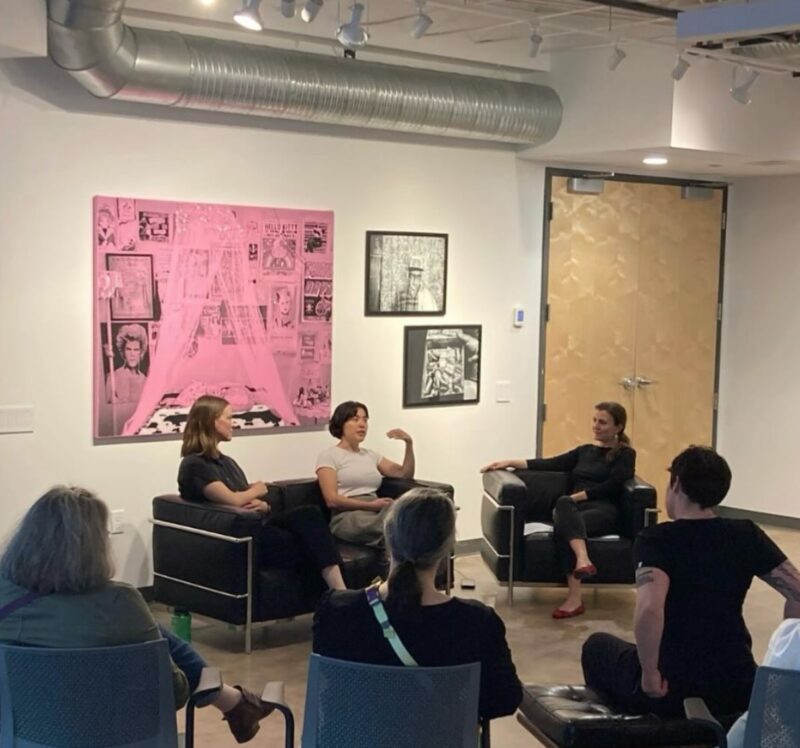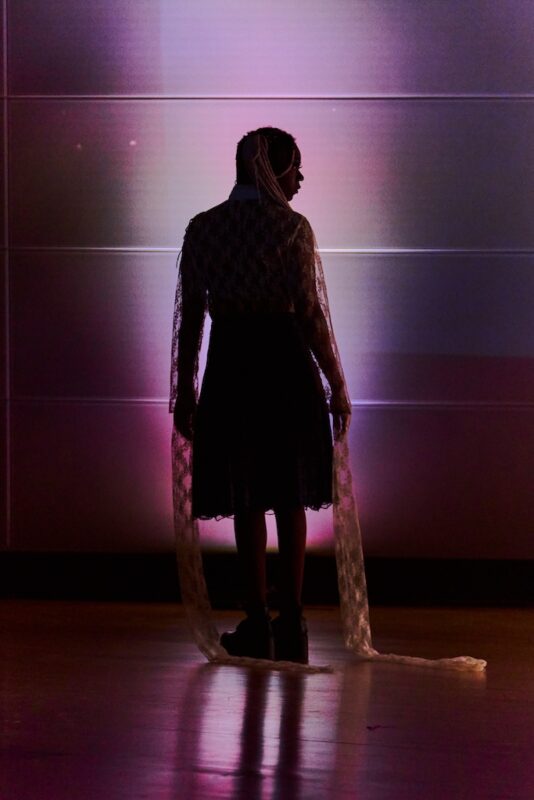Yelé Oladeinde lives by the motto: Fortune favors the prepared. “You have to be prepared. In the fashion industry, most times it’s just by chance,” explains the Baltimore-based fashion designer. “Now, if that chance hits you and you’re not prepared, it is going to pass you by and help someone else that is actually prepared for it.”
This kind of forward-thinking readiness was central to Oladeinde’s upbringing in Nigeria. Her spirited Afrofuturistic designs encapsulate her love for her culture and home country, utilizing bold pattern fabrics designed just for her in Nigeria. Her prolific series of gowns, suits, jackets, workwear, and custom-made garments embody a bright personality and attention to detail. Oladeinde’s confidence in her skills as a fashion designer and entrepreneur, as well as her Christian faith, radiates from her as she affirms that, little by little, she is building a leading fashion house in the East Coast area, where emerging designers can come and learn from her experience through mentorship programs.
It’s worth noting that a career in fashion was not her original intent. As a student in Nigeria, Oladeinde was committed to becoming a doctor and focused her studies around prerequisites for medical school. However, fashion had a strong presence throughout her upbringing. Her grandmother and aunt were both seamstresses, so sewing machines were always in close proximity, and her interest in making garments grew out of distaste for store-bought clothes. She recounts memories of her sisters going shopping and buying dresses for her to try, which always left her feeling disappointed.
